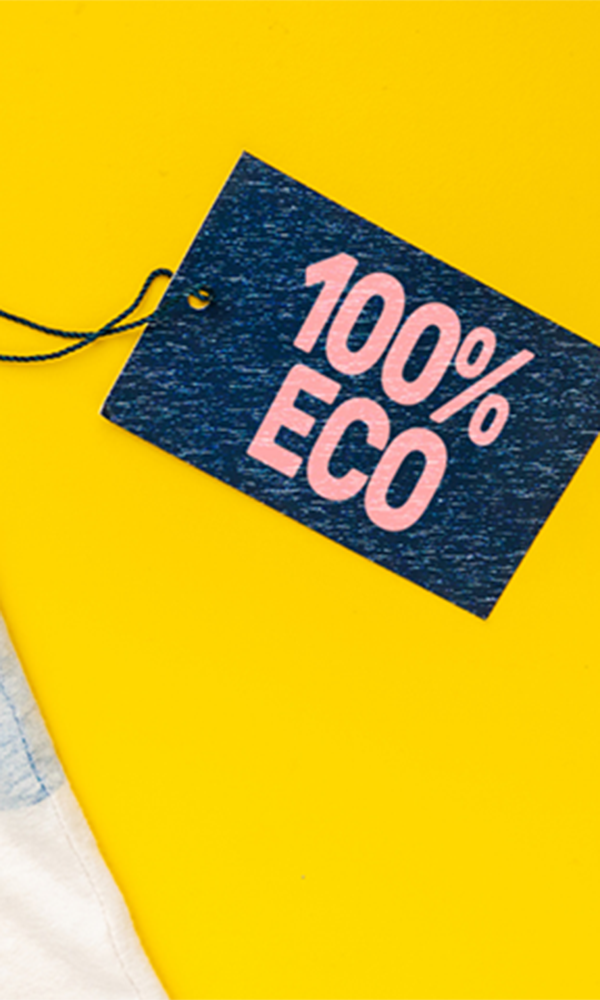More than half of green claims made by companies are misleading or inaccurate – perpetuating the idea that current production and consumption patterns need not change. This is because rules set in legislation and standards are loose, leaving the door wide open to greenwashing. Consumers increasingly want to reduce their environmental impact but without reliable environmental information or a transparent system to verify it, they face a barrage of green claims, making it nearly impossible for more sustainable businesses to position themselves.


The Green Claims Directive – now entering the final negotiation phase – is Europe’s best chance to eliminate the scourge of greenwashing. As negotiators hammer out the final text, ECOS – involved in developing the Directive since 2020 – shares the key elements needed for the directive to be successful.
Net zero dominates climate discussions, with over 1,000 companies setting a plan to get there. However, without a harmonised approach, each ‘net zero’ claim can be different from the next. Multiple definitions and methodologies have created a whirlwind of confusion, inaccuracy, and even deception.
On 31 July 2023, the European Commission adopted the first set of European Sustainability Reporting Standards (ESRS). A significant stride towards promoting sustainable practices. These standards - set to be used by all companies under the Corporate Sustainability Reporting Directive (CSRD) - come with a mixed bag of progress made and loopholes to be closed.
The Science Based Targets Initiative (SBTi) has published the second draft of its Corporate Net Zero Standard (CNZS), which is open for public consultation until 12 December 2025.
Download the pdf
ECOS is co-funded by the European Commission and EFTA

 Funded by the European Union. Views and opinions expressed are however those of the author(s) only and do not necessarily reflect those of the European Union or EISMEA. Neither the European Union nor the granting authority can be held responsible for them.
Funded by the European Union. Views and opinions expressed are however those of the author(s) only and do not necessarily reflect those of the European Union or EISMEA. Neither the European Union nor the granting authority can be held responsible for them.
